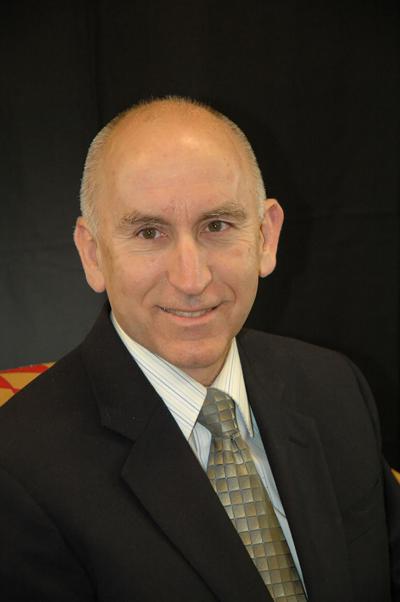Sen. Richard Briggs says it’s his “biggest disappointment of the session.” The Knoxville Republican, who is also a physician, started the 2024 legislative session with a pitch to add exceptions to Tennessee’s nearly total abortion ban. He wanted to provide the option to terminate the pregnancy in cases of fatal fetal anomalies — fetuses with complications so severe that they could not sustain life outside of the womb.
He planned to call the bill the Freedom to Have Children and a Family Act and emphasized the idea that such complications in pregnancy could prevent future pregnancies and affect fertility. Briggs brought his pitch to several local media outlets in Nashville as well as Knoxville, including Scene sister publication the Nashville Post, and was featured on NPR’s national program All Things Considered. The outlets told the story of a man with cognitive dissonance: He voted for Tennessee’s abortion trigger ban in 2019 but wanted the chance to roll back its most punitive parts. He told the Scene his intention with press coverage was to educate people on the lack of exceptions for fatal fetal anomalies.
Republican senator focuses on fatal fetal conditions while Democrats push messaging bill
But lobbying groups saw the writing on the wall. There simply would not be enough votes to pass such legislation, and Briggs says Vanderbilt University Medical Center and the Tennessee Medical Association encouraged him to table it. Both organizations declined to comment on the specifics of their strategy with the bill — though TMA said its members “support exemptions in the abortion law in cases of lethal fetal anomalies.”
Now the Tennessee General Assembly’s 2024 session is winding down, and the Freedom to Have Children and a Family Act was never introduced.
Briggs sought to transfer the bill to Sen. Joey Hensley (R-Hohenwald), a colleague further to the right on the political spectrum. A spokesperson for Hensley told the Scene he would not carry such a bill in this session or future sessions.
In the words of Briggs, a cardiologist by trade, a procedure allowed by this legislation would not be an abortion but a “termination of pregnancy for medical reasons.”
“To me, this was a medical bill,” Briggs says. “I don’t even know why abortion should come up with it. This was really a bill where you had a child that was either dead or dying in the womb, could not live outside the womb, and at the appropriate time you would terminate the pregnancy in order to preserve the woman’s fertility. That’s a medical issue, not one of these social issues.”
Had he decided to carry the legislation, Briggs seemingly would’ve had public support from Tennesseans. A 2023 Vanderbilt University poll found that in cases in which the fetus could not survive outside the womb, 78 percent said abortions should be permitted; that included 62 percent of so-called non-MAGA Republicans, 71 percent of MAGA Republicans and 96 percent of Democrats.

Sen. Richard Briggs
Briggs tells the Scene that anti-abortion groups visited the Capitol at the top of the session and “lobbied very hard,” which affected the projected outcome of his exceptions bill. (He couldn’t remember whether it was Tennessee Right to Life, and the organization did not respond to the Scene’s request for comment.)
Briggs also introduced abortion-related bills in the 2023 session. Some clinicians supported his SB0745 when it was introduced, at which point it allowed doctors to use their “good faith judgment” when treating a patient. The bill ultimately became what Republican legislators referred to as a “compromise bill” to appease Tennessee Right to Life.
In the 2024 session, bills that would allow abortion in cases of rape and incest were killed, including for children 13 years and younger. A bill that would make it illegal for an adult to help a child obtain an abortion without parental consent passed the Senate on April 2.
At the beginning of the session, Briggs was optimistic he could bring his bill this year and provide protection for Tennesseans faced with a difficult requirement: Give birth to a stillborn child or one who lives for hours or days. The process will restart next year.






